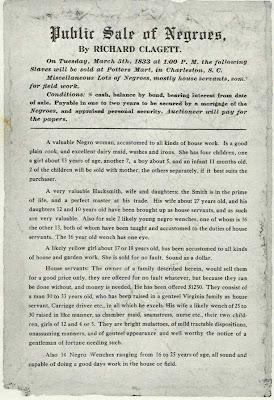This weekend I went and saw Tyler Perry's "A
Family that Preys". If you've ever seen one of Tyler Perry's movies, he never seems to disappoint his audience. The movie was excellent and factored in a lot of elements such as friendship, family trust, and self-worth.
After talking about the movie with my friend whom I had seen it with, there was one part in particular that she didn't like that made me notice a pattern in most of Tyler's movies and a lot of other movies that has become a cultural norm; domestic violence. I thought back to his past films and certainly there is at least one incident where one spouse is physically
assaulted by the other. Now here's the kicker- all except one film did the audience think it was acceptable.
In "Diary of a Mad Black Woman", Kimberly Elise's character is abandoned by her husband of 18 years for another woman. He strips her of everything that they share together; money, home, car etc. After her husband is left paralyzed from a car accident, she steps in to be his primary caregiver. During this time she takes advantage of his paralysis by mistreating him. She leaves him
in soiled clothes, hungry, and at one point almost knowingly lets him drown, yet the audience found these actions to be
okay.
Perry's "Why Did I Get Married?" examined the lives of four married couples and their trials and tribulations. Jill Scott's character faced infidelity of her husband with her best friend. When he admits to her of
his infidelity at a dinner party she hits him in the head with a wine bottle causing him to pass out. Again this was acceptable by the audience.
Perry's latest film "The Family that Preys", also touches on violence when
Rockmond Dunbar's character smacks his wife across a restaurant bar because of her admission to infidelity with her boss. To no surprise the audience accepts this behavior.
Lastly, "
Madea's Family Reunion" was the only film that displayed violence as unacceptable. An unhappily engaged woman is constantly abused by her fiancee' for not being the perfect woman 24/7 he so
desperately desires. Here we see the innocent preyed on by the weak-minded.
In each of these films, with the exception of "
Madea's Family Reunion" the audience cheered and applauded during the point at which violence
occur ed. I can remember being in the theater and hearing shouts of "hit him", "smack her", "knock him out". Although for entertainment purpose only, the message was still that violence was indeed
okay given the criteria of the situation.
In no way am I biased, because we see these patterns in many other movies. I'm just depicting the characters in recent films written, produced and cast by a very remarkable playwright. We have all witnessed films where we cheer when the battered wife gains courage and strength to seek physical revenge on her husband. We think to ourselves it's
okay because he deserves it due to the way he
treated her. Yet its not
okay. We have to find an alternative to violence.
Violence has become equivalent to sex in the media; it's used because it sells. The media does an excellent job in keeping us informed of shootings, kidnappings, robberies, etc. We see violence everywhere, movies, video games, the news, magazines and books. Yes indeed it is the job of the media to keep us informed but where do we draw the line?


















